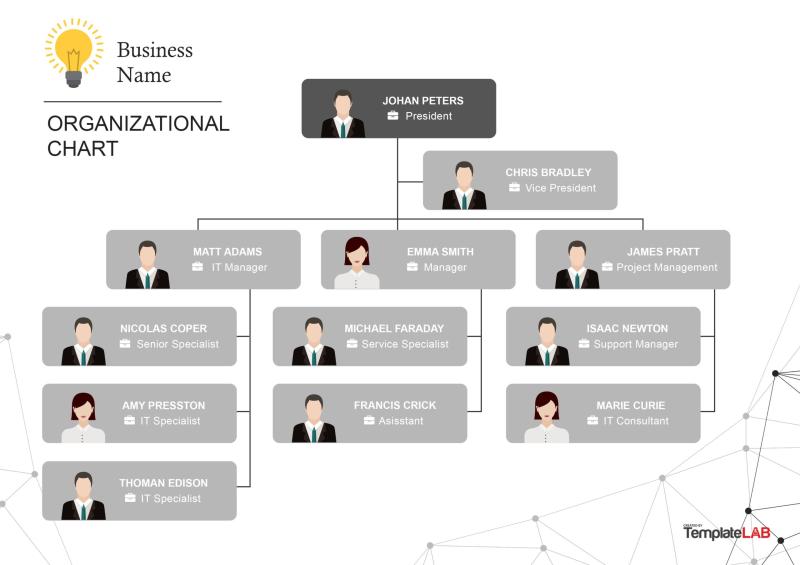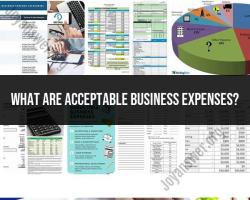What is the business structure of a company?
The business structure of a company refers to the way the organization is organized, including its legal and ownership framework. It defines how different parts of the business are arranged, how various roles and responsibilities are assigned, and how decisions are made. The choice of business structure can impact aspects such as liability, taxation, and management.
Here are some common business structures:
Sole Proprietorship:
- Ownership: Owned and operated by a single individual.
- Liability: The owner has unlimited personal liability for business debts and obligations.
- Taxation: Business income is reported on the owner's personal tax return.
Partnership:
- Ownership: Owned by two or more individuals who share responsibilities and profits.
- Liability: Partners may have unlimited personal liability, depending on the type (general or limited partnership).
- Taxation: Profits and losses pass through to the partners, who report them on their individual tax returns.
Limited Liability Company (LLC):
- Ownership: Owned by members; can be managed by members or appointed managers.
- Liability: Members' liability is limited to their investment in the company.
- Taxation: LLCs can choose to be taxed as a partnership, corporation, or sole proprietorship.
Corporation:
- Ownership: Owned by shareholders who elect a board of directors to make major decisions.
- Liability: Shareholders generally have limited liability; their personal assets are protected.
- Taxation: Corporations face double taxation, with profits taxed at both the corporate and individual levels. S Corporations are a variation that avoids double taxation.
S Corporation:
- A special type of corporation that avoids double taxation by electing to pass corporate income, losses, deductions, and credits through to shareholders.
Nonprofit Organization:
- Ownership: Organized for purposes other than making a profit; governed by a board of directors or trustees.
- Liability: Limited liability for directors and officers.
- Taxation: Exempt from certain taxes if they meet the criteria for a nonprofit.
Cooperative:
- Ownership: Owned and operated by the people who use its services, with profits and benefits shared among members.
- Liability: Members typically have limited liability.
- Taxation: Income is usually passed through to members.
Choosing the right business structure depends on factors such as the size of the business, the nature of its activities, the level of control desired by the owners, and the potential liability they are willing to assume. It's essential to consider legal, financial, and operational implications when selecting a business structure. Consulting with legal and financial professionals is advisable to make an informed decision based on the specific needs and goals of the company.
What is the typical business structure of a company?
The typical business structure of a company depends on its size, industry, and ownership structure. However, there are four main types of business structures:
- Sole proprietorship: A sole proprietorship is a business that is owned and operated by one person. It is the simplest and most common type of business structure.
- Partnership: A partnership is a business that is owned and operated by two or more people. There are two main types of partnerships: general partnerships and limited partnerships.
- Limited liability company (LLC): An LLC is a business structure that offers the limited liability protection of a corporation with the flexibility and tax advantages of a partnership.
- Corporation: A corporation is a legal entity that is separate from its owners. It offers the strongest liability protection, but it is also the most complex and expensive business structure to form and maintain.
How do different business structures impact legal and financial aspects?
Different business structures impact legal and financial aspects in a number of ways. For example, the type of business structure you choose will affect:
- Liability: Liability refers to the degree to which the owners of a business are personally responsible for the debts and liabilities of the business. Sole proprietors and general partners have unlimited liability, meaning that their personal assets can be seized to pay off the business's debts. LLCs and corporations offer limited liability, meaning that the owners' personal assets are generally protected from the business's creditors.
- Taxes: The type of business structure you choose will also affect how your business is taxed. Sole proprietors and partnerships file pass-through taxes, meaning that the business's income and losses are passed through to the owners' personal tax returns. LLCs can choose to be taxed as pass-through entities or as corporations. Corporations are taxed as separate legal entities.
- Ownership and control: The type of business structure you choose will also affect how the business is owned and controlled. In a sole proprietorship, the owner has complete control over the business. In a partnership, the owners share ownership and control of the business. LLCs can be structured as either member-managed or manager-managed. In a member-managed LLC, the members have equal control over the business. In a manager-managed LLC, one or more managers are responsible for managing the business. In a corporation, the owners are called shareholders. The shareholders elect a board of directors, which is responsible for overseeing the management of the corporation.
Are there considerations in choosing a business structure for a new company?
When choosing a business structure for a new company, it is important to consider the following factors:
- Liability: How much liability protection do you need?
- Taxes: How do you want your business to be taxed?
- Ownership and control: Who will own and control the business?
- Complexity and cost: How complex and expensive is the business structure to form and maintain?
It is also important to consult with an attorney and an accountant to get advice on the best business structure for your specific situation.
Here are some additional considerations for choosing a business structure for a new company:
- The size and stage of your business: If you are starting a small business, a sole proprietorship or partnership may be a good option. If you are starting a larger business or a business that is expected to grow rapidly, an LLC or corporation may be a better option.
- The nature of your business: Some industries, such as healthcare and finance, have specific regulations that may affect your choice of business structure.
- Your personal financial situation: If you have personal assets that you want to protect from the business's creditors, you may want to choose a business structure with limited liability protection.
It is important to note that you can change your business structure later on if needed. However, it is generally easier to change your business structure from a simpler structure to a more complex structure than vice versa.












